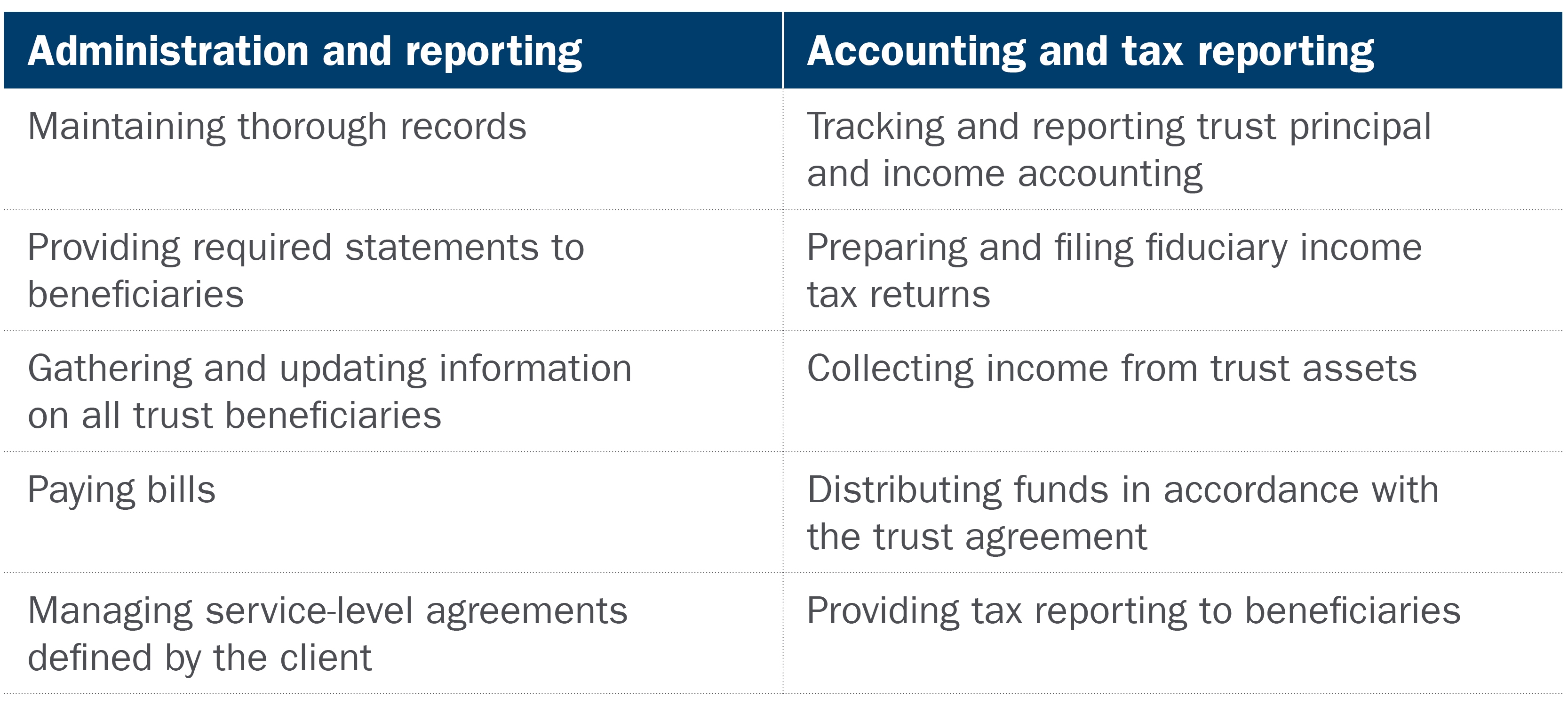Estate planning involves documenting the many personal decisions that will help your loved ones carry out your wishes someday — more simply, with less stress, in less time. And contrary to a common myth, estate planning can benefit many individuals, regardless of asset levels across savings, investments, real estate and insurance.
Some consider an estate plan a way to shore up their financial lives and provide an act of kindness for their family. For example, according to respondents in the Ameriprise Financial study, Financial Priorities, the pandemic prompted many to take actions that they may have otherwise put off.
- 62% said financially preparing for uncertainty is more important now.
- 63% said protecting financial assets is more important now.
- 44% who did not already have a will or estate plan said they will develop them now.
Here are three main benefits to consider and discuss with a local estate attorney.
1. Defines who will receive your assets and make decisions
With a documented estate plan, you decide the fate of your assets — versus state laws or a court. This includes stating who will receive what, based on factors you feel are most important and appropriate. For example, factors could include care and support a family member has provided to you, an individual’s readiness to manage an inheritance or other circumstances.
You will also define the decision-maker(s) to manage your finances and make medical decisions if you are unable to do so.
2. Provides protection for your child or children
If you have a child who is a minor (under age 18, in many states), an estate plan is essential. An estate plan enables you to:
- Name a guardian, via a will, to care for your child.
- Name an adult trustee and/or corporate trustee when your estate is held in a trust for your child. The trustee will distribute assets for your child’s care, education, health and support. You can also specify the age (or ages) your child will receive the remaining trust assets when they become an adult.
Selecting a trustee is an especially important decision. Some choose a responsible family member or friend who is capable and willing to handle a range of financial decisions. In some situations, it may make sense to use a corporate trustee, given the scope of responsibilities and risks associated with the role, such as the following:

3. Helps to reduce expenses and time delays
Settling an estate does take time, which varies depending on your financial net worth and the complexity of your situation when you die. However, it can become significantly more time-consuming and complicated for your family if you die without a will — a situation called intestacy.
In that situation, state intestacy laws determine who among your potential beneficiaries would receive which assets (after outstanding debts have been paid). Intestacy rules vary by state, and probate records are public.
Key elements of an estate plan
An experienced estate attorney can develop personalized strategies and documents that meet your needs. This could include a:
- Will. A legal document that defines distribution of your property and the care of any minor children.
- Revocable trust. A legal entity created for ownership of your assets. You can change or end your revocable trust at any time.
- Power of attorney. A legal document giving a person you choose the ability to make decisions for property, finances and/or medical care when you are unable to do so.
- Healthcare directive. A written documentation of your health care wishes for when you cannot communicate them yourself.
- Beneficiary designations. A will does not supersede beneficiary designations in determining who receives your assets after you die. For that reason, all financial accounts (regardless of size) should have beneficiaries named — and updated over time, as needed.
- HIPAA authorization. Allows health care providers to discuss your medical condition/health information with family members or other individuals you have designated.
Tax considerations
A federal estate tax applies to estates with combined gross assets and prior taxable gifts exceeding $12.92 million (in 2023), or $25.84 million for married couples with planning. States may also impose an estate tax and/or an inheritance tax with different, often much lower, exclusion amounts. Your estate attorney can review your current estate against current federal and state tax requirements where you live.
Help the family members who will settle your estate one day
Feel more confident that your wishes will be carried out and your family will have streamlined documentation when the time comes. Given the financial and tax implications associated with estate planning, consider involving your Ameriprise financial advisor and your tax professional in the process.